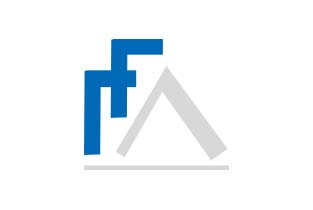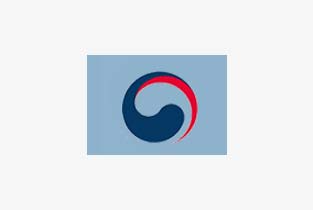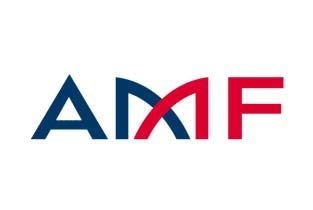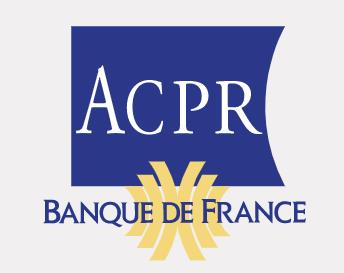










Financial Futures Association of Japan (FFAJ)
Self-regulatory organization for financial futures and forex firms in Japan.
Tags:Forex RegulationBasic Information
The Financial Futures Association of Japan (FFAJ) is a self-regulatory organization overseeing Japan’s financial futures and forex markets. Established in August 1989 under the Financial Futures Trading Law, it operates as the only self-regulatory body for financial instrument firms and registered financial institutions conducting financial futures business in Japan. The official website (https://ffaj.or.jp) provides information in both Japanese and English.
Establishment Background and Historical Development
FFAJ was authorized by Japan’s Minister of Finance in 1989 pursuant to the 1988 Financial Futures Trading Law, with primary objectives of investor protection and sound industry growth. Key milestones include:
– 1992: Enhanced self-regulatory functions after law revision
– 2005: Expanded oversight to include OTC financial futures with retail customers
– 2007: Transitioned under the Financial Instruments and Exchange Act (FIEL), becoming an association for public interest and financial instrument firms
– As of recent data, FFAJ maintains approximately 147 member organizations including regular members and special members
Legal Authority and Regulatory Basis
FFAJ operates under:
1. The Financial Instruments and Exchange Act (FIEL) – Primary legal framework since 2007
2. Supervision by Japan’s Financial Services Agency (FSA) since July 2000
3. Self-regulatory rules including:
– Client fund segregation requirements
– Mandatory stop-loss rules (effective February 2010)
– Leverage restrictions (capped at 25:1 for retail forex since 2011)
– Minimum margin requirements (4% for retail forex transactions)
Primary Responsibilities and Regulatory Scope
FFAJ’s core functions include:
1. Self-regulation: Formulating rules and conducting audits for member compliance
2. Investor protection: Handling complaints through FINMAC (Securities and Financial Products Mediation Center)
3. Market oversight: Monitoring forex and derivatives transactions including:
– Retail and institutional forex trading
– Exchange-traded and OTC derivatives
– Futures brokerage activities
4. Industry development: Conducting market research and publishing statistics
5. Education: Hosting seminars and training programs for industry participants
Comprehensive Contact Information
FFAJ Headquarters:
Address: Tokyo Stock Exchange Building, 2-1-1 Nihombashi-Kabutocho, Chuo-ku, Tokyo 103-8224, Japan
Phone: +81 3-5280-0881 (Weekdays 9:00-17:00 JST)
Fax: +81 3-5280-0880
Email: [email protected]
Investor Inquiry Hotline: 0120-64-5005 (Free dial within Japan)
Verification Method for Regulated Entities
To confirm a company’s FFAJ membership status:
1. Visit FFAJ’s official website (https://ffaj.or.jp)
2. Select English language option if needed
3. Navigate to “List of Members” section
4. Browse by institution category (City Banks, Trust Banks, etc.)
5. Search for the specific company name
Note: As of recent data, the member list contains approximately 142 regular members and 4 special members categorized by institution type.






